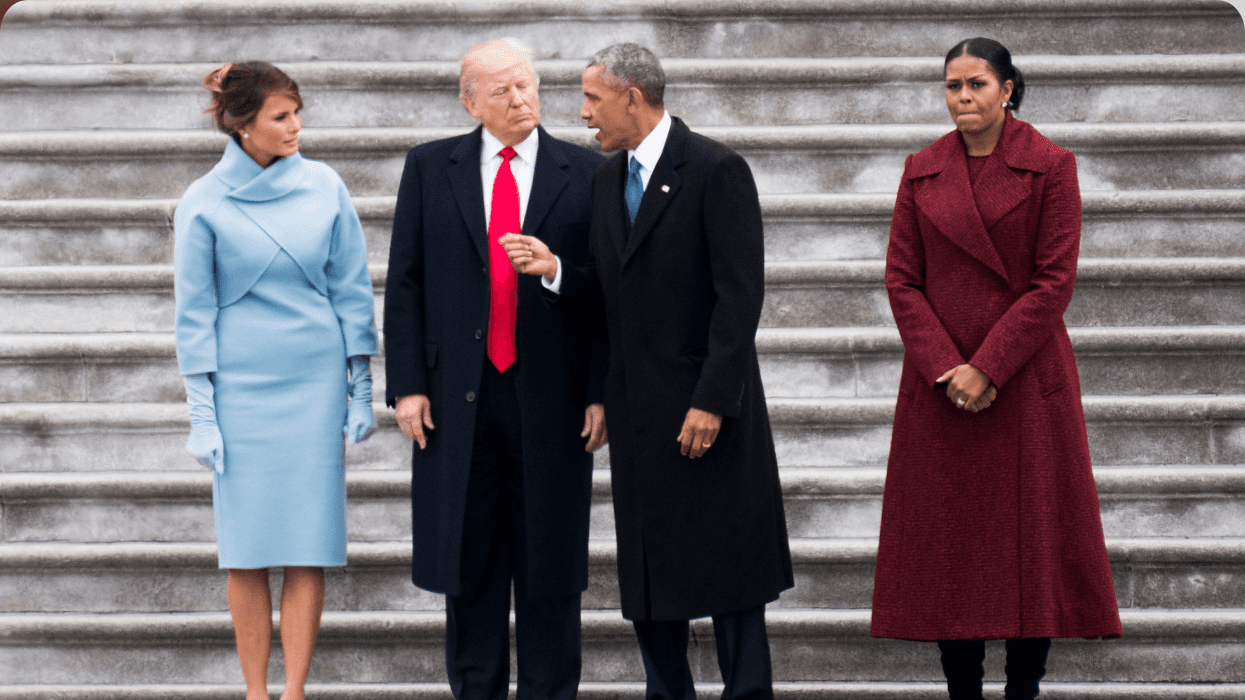A woman was assaulted on the New York City subway November 30, by a man who allegedly thought she was a lesbian because she shared a brief kiss with another woman.
The women, who have not been named, were aboard a Manhattan-bound E train in Queens around 5:10 p.m., when the assault took place. The unidentified man approached the victim, a 20-year-old woman, in a verbal dispute, and he used a slur, the New York Police Department said in a statement to OUT. As the young woman walked away from him, police say he approached her from behind, punched her the back of her head and shoved her to the ground. The woman was then transferred by an ambulance to Elmhurst Hospital, where she was treated for fractured spine due to the blow to her head.
The NYPD Hate Crime Task Force is leading the investigation, and still searching for the suspect. The nature of the relationship between the two women has not been made public, according to the New York Daily News.
According to annual statistics released by the FBI, hate crimes increased across the country last year by 5 percent, and crimes committed against LGBTQ people, Jews, and Muslims, were particularly high. The Daily News reported that hate crimes in New York, however, were up 17 percent in 2017, as per the NYPD. The Anti-Violence Project, which documents hate crimes against queer people, recorded the highest number of LGBTQ+ homicides in the organization's 20-year history, with 52 documented in 2017. That's a 86 percent increase in single incidents over 2016.
As Gregory M. Herek, a psychology professor at the University of California, Davis told the New York Times in 2016 in the wake of the Pulse Nightclub shooting in Orlando, as society becomes generally more tolerant of LGBTQ people, through culture and policy, those who oppose them may be prompted to become more radical, says.
"They may feel that the way they see the world is threatened, which motivates them to strike out in some way, and for some people, that way could be in violent attacks," Herek told the Times.






























I watched the Kid Rock Turning Point USA halftime show so you don't have to
Opinion: "I have no problem with lip syncing, but you'd think the side that hates drag queens so much would have a little more shame about it," writes Ryan Adamczeski.